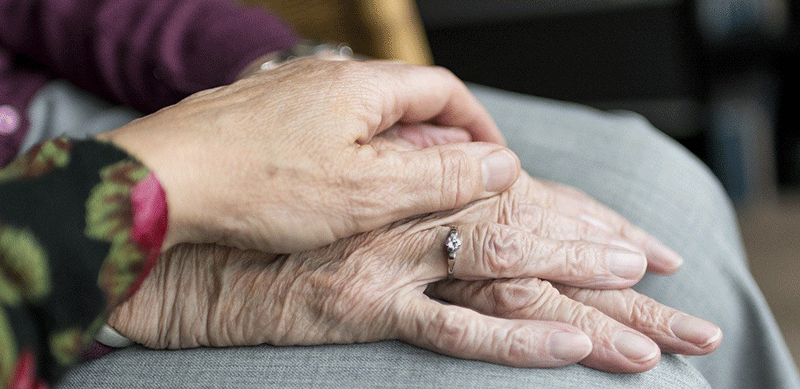7 ways how elderly care is changing
The care of the elderly has changed drastically in recent years. With advancements in technology making a huge difference to how the entire system works. From the urgent rollout of the covid 19 vaccine to the elderly population, the elderly population can rest assured knowing they will receive the best healthcare available during their old age. If you intend on using a transit wheelchair then you’ll likely want to read this article here also as well as this article which discusses how a transit wheelchair could improve your everyday life.
An aging population means a lot of us are likely to have an aging parent, elderly parent or elderly person, who we are close to, requiring assisted living later in life.
Where family care is not always available due to a shortage of available family caregivers, personal care and nursing are often best suited to a care home. This could be for short-term or long-term care facilities. It is nice to know that a professional carer is on hand in later life.

We look at the 7 most noticeable changes that you’re like to want to know about health care for the older person. Long gone are the days of the old-fashioned nursing home, in which sometimes an older adult would receive only limited senior care.
1) With advancements in communications technology, especially coming to the forefront during the covid 19 pandemic, people can now make contact with their loved ones from a distance with video chat and remote monitoring systems, in addition to physical visits. Making the care home a much more bearable place for any patient in long-term care.
2) As hospitals and care homes are becoming more advanced, they are able to provide further advanced care for those who need it, without requiring patients to be admitted to hospital wards for long periods of time. Again, you cannot fault the covid vaccine program.
3) Elderly care no longer means you need to lose your independence because, in recent years, there has been a major change in the way care is delivered to senior citizens. Aging demographics and changing technology have forced many facilities to adapt their care practices.
Care homes should be thought of comfortable, loving homes, or even as caregiver-assisted living centers. They are an alternative for residents who need help with daily activities but do not require constant supervision or medical care.
4) These assisted living homes allow residents to live in a safe, secure environment independently and access help as and when they need it because they know that when they need it the most, there will be someone on hand. Modern security advancements have been incorporated into the infrastructure of care homes, giving peace of mind for all.
5) These homes are also designed to accommodate a variety of needs and have an excellent reputation for providing care in residential settings. This help extends to a variety of conditions that are often caused by age, such as alzheimer’s disease, dementia, Parkinson’s disease, chronic disease, cognitive impairment, severe frailty, and other long-term conditions.
A full health care system is now in place to assist elder care, older patients, and adults. Transit wheelchairs are often used to transport patients who suffer from such issues due to the fact that their own personal mobility is usually impaired.
6) Care homes often offer respite care services where trained staff visit with residents who can’t leave their homes but still want social interactions outside of the setting. This helps keep a check on the health of the patients as well as giving them a sense of independence and of course some very important company.
7) The equipment used is often upgraded when newer models are developed, such as new transit wheelchairs. This makes life easier for residents and staff alike, along with regular training courses of course.
Conclusion
Care homes often offer respite care services where trained staff visit residents who can’t leave their homes but still want social interactions outside of the setting.
As our population ages and the need to live healthier for longer becomes a growing concern, elderly care is constantly adapting and changing in order to meet this rising demand of elderly individuals. However, staying on top of these changes can be difficult as understanding what options are available for you may seem overwhelming at times.
Our staff at Evacusafe are aware of the specialist tools and equipment which are extremely useful for the transportation of patients and residents, whether required for day-to-day use, or during an emergency situation.
Our team can be contacted on 01256 332723 or info@evacusafe.co.uk.
